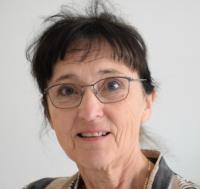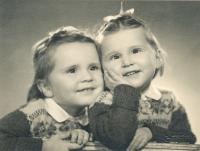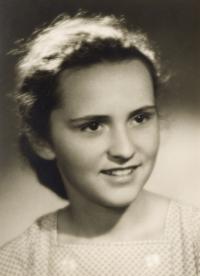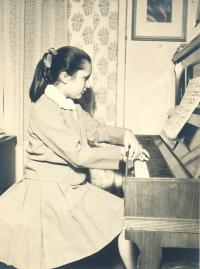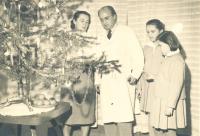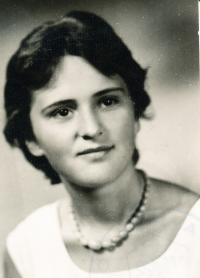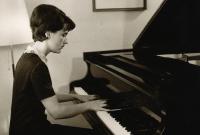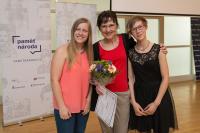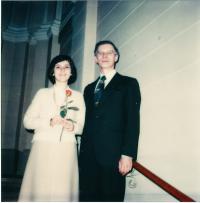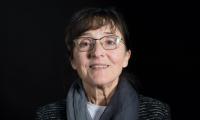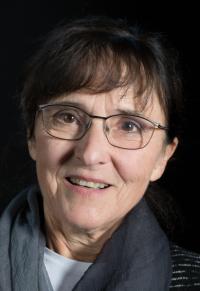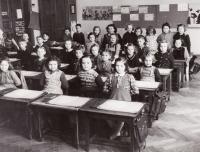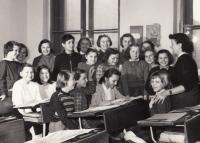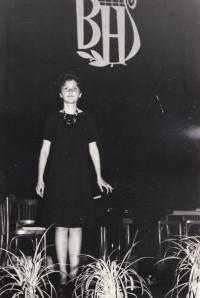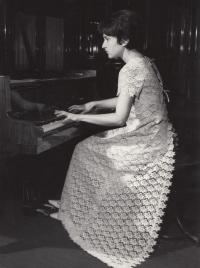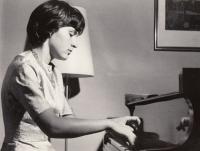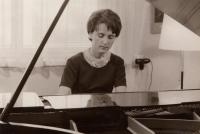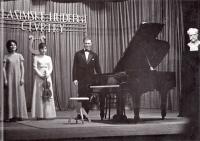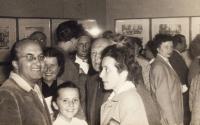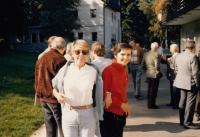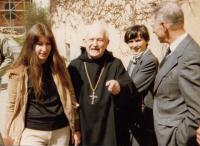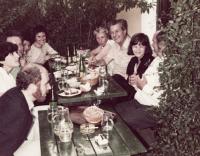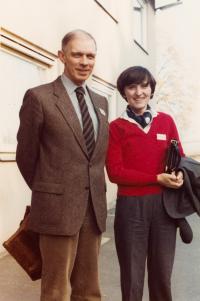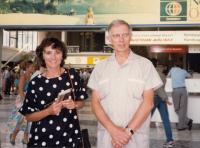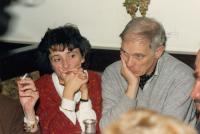When you can help someone, you know why you’re here
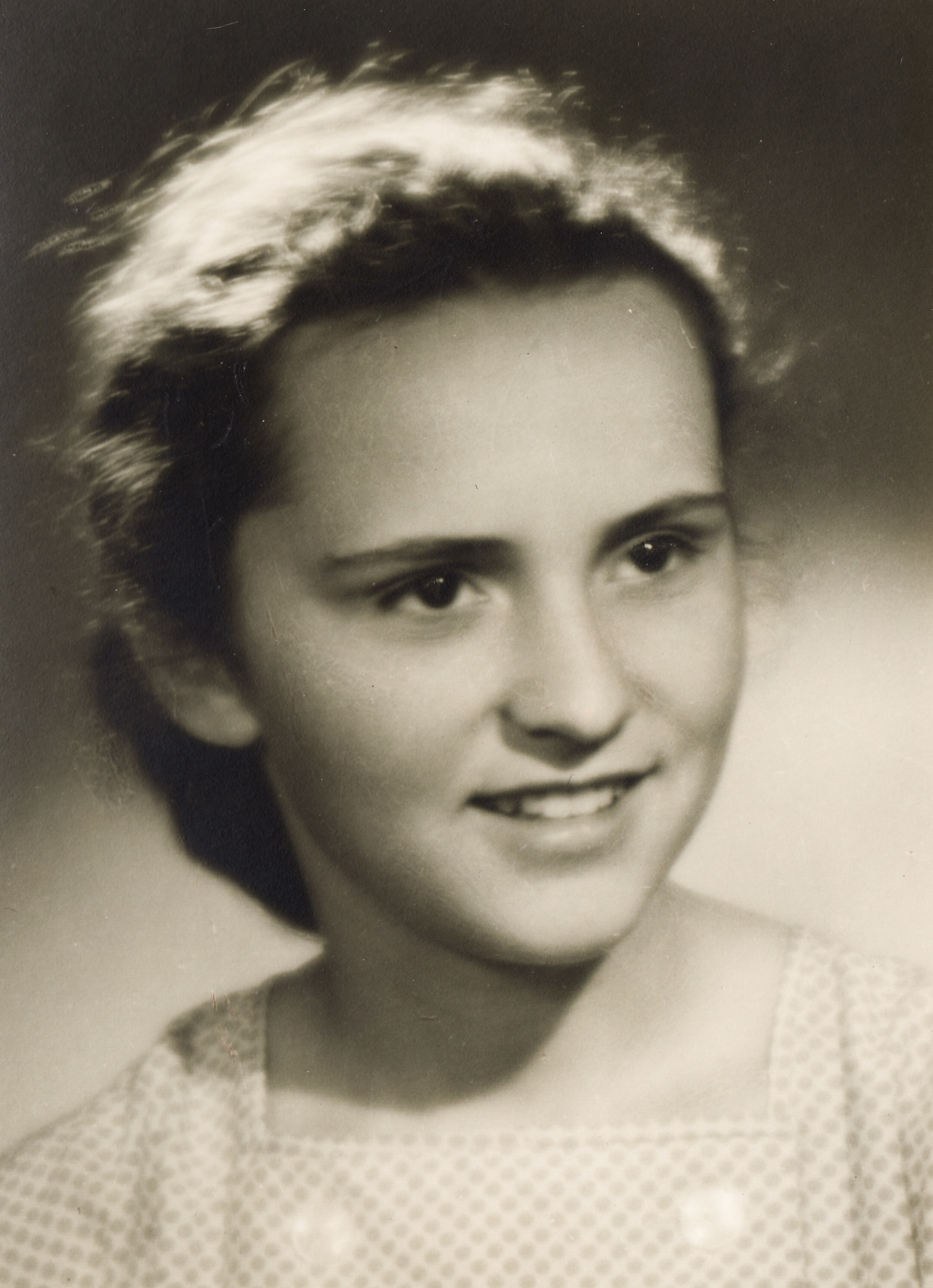
Stáhnout obrázek
Helena Medková, née Cinybulková, was born on 10 February 1946 into a teacher‘s family. From her earliest years she was brought up with a love for music. She studied the piano at conservatoire and at the Academy of Fine Arts in Prague under the eminent Czech pianist Ivan Moravec. During her studies she made the acquaintance of her future husband Ivan Medek. When he emigrated in 1978, she followed him to West Germany during Christmas of that same year. Together, they moved to Vienna, where Ivan Medek worked for the Voice of America and Helena taught the piano at a music school and at Conservatoire of Vienna. She helped her husband organise help for the dissidents in Czechoslovakia. She moved back to her homeland in 2003. She is widowed, lives in Prague-Letná, and devotes her time to translating.
